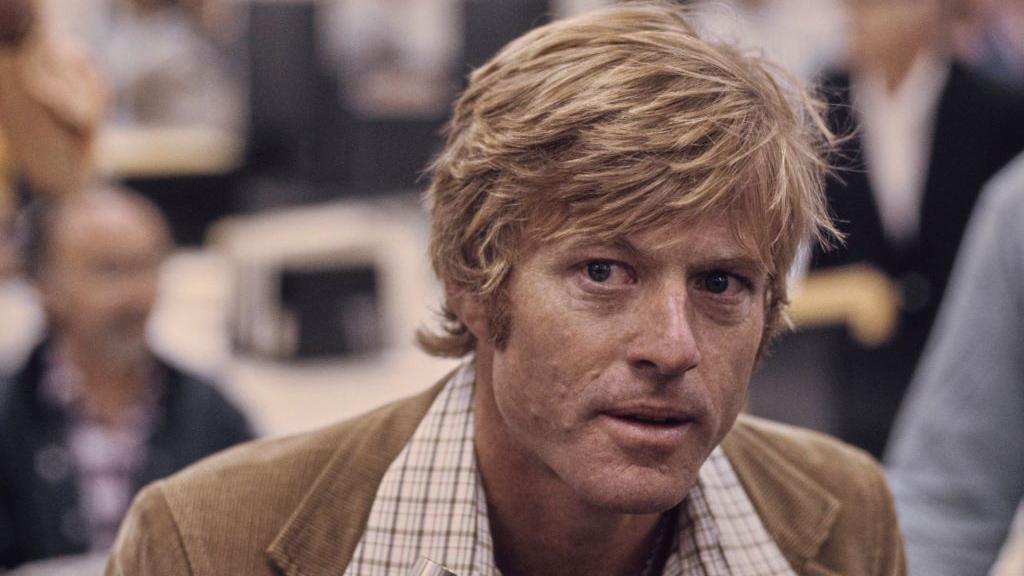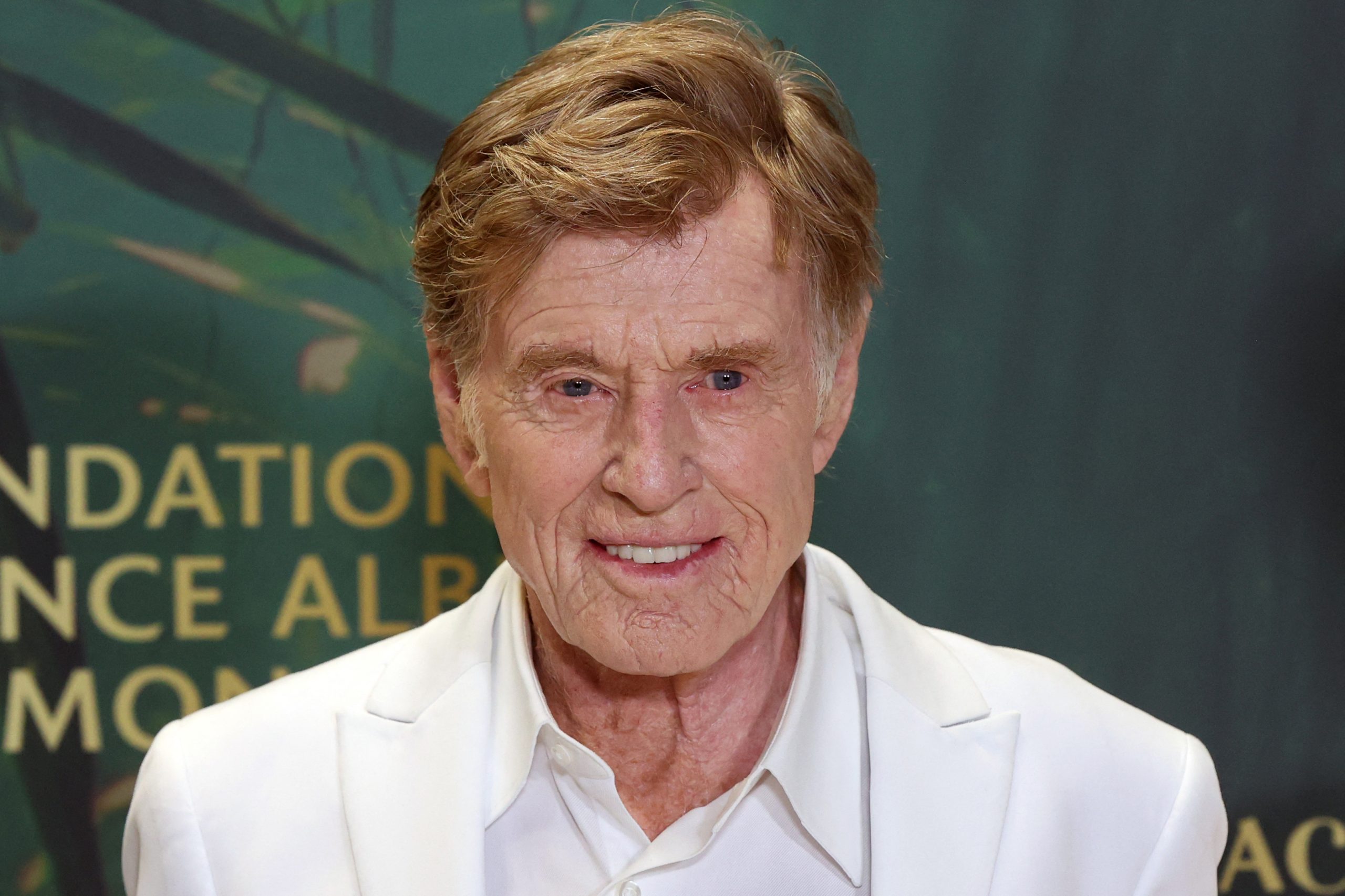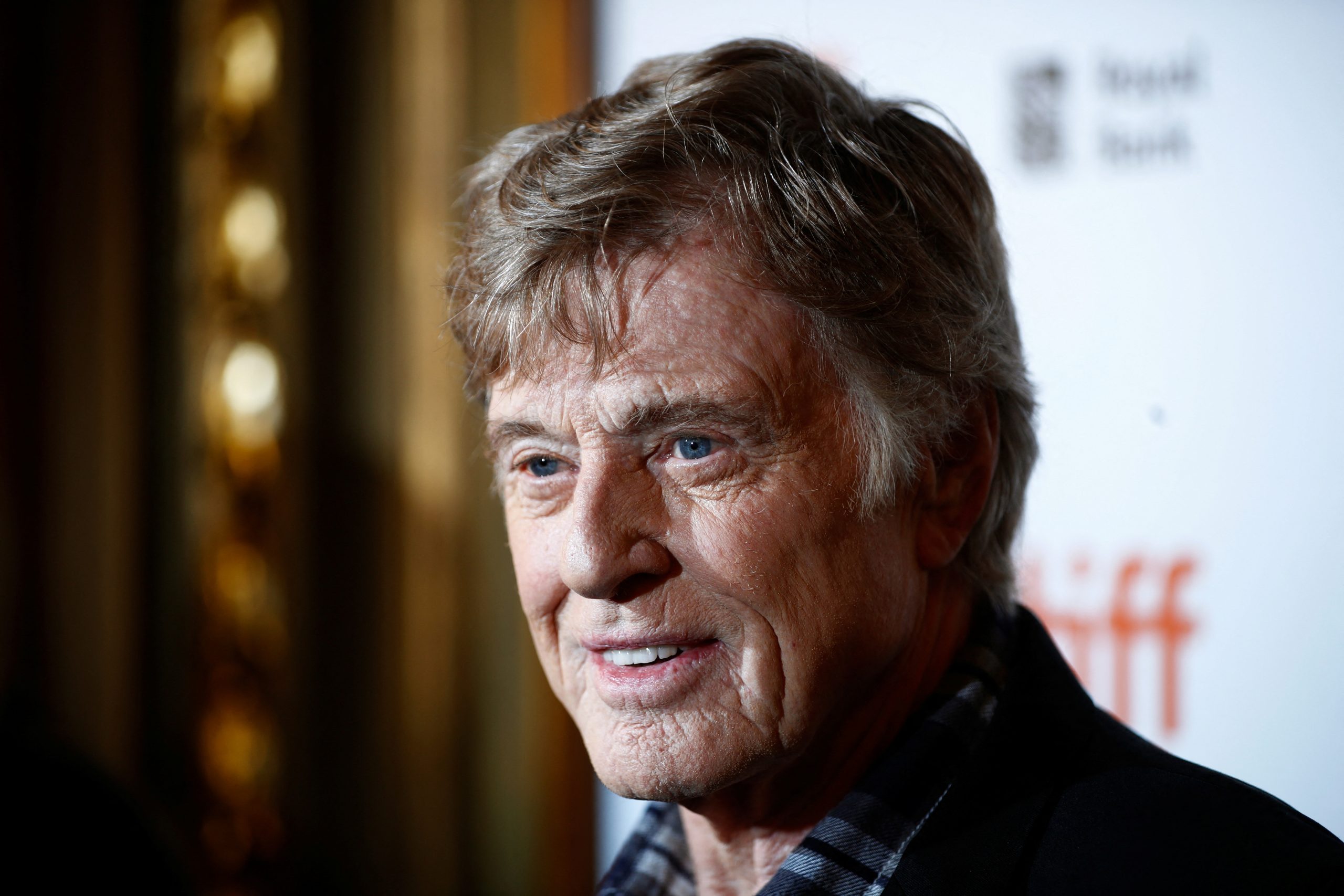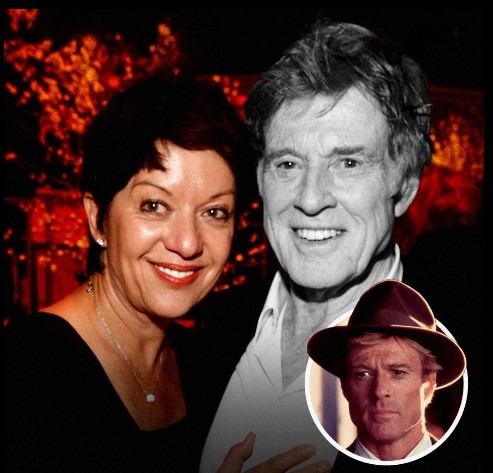Remembering Robert Redford: A Cinematic Legend
The film industry is profoundly grieving the loss of Robert Redford, an iconic figure whose influence has reverberated through Hollywood for decades. The Oscar-winning actor, director, and visionary behind the renowned Sundance Institute passed away at his serene mountain home in Utah on September 16, 2025, at the age of 89. His death, confirmed by his representative Cindi Berger, marks not just the conclusion of an illustrious career but the end of an era that redefined American cinema.
A Journey Through Film
Redford’s ascent to stardom began in the 1960s, a time when Hollywood was ripe for charismatic leading men. He became a household name thanks to his role in Butch Cassidy and the Sundance Kid (1969), where he starred alongside Paul Newman. This film not only captured the hearts of audiences but also cemented his status as a star capable of drawing crowds. Following this, his collaboration with Newman in The Sting (1973) proved equally successful, as it won the Academy Award for Best Picture and showcased Redford’s remarkable ability to convey both charm and complexity.
His versatility was evident in the critically acclaimed All the President’s Men (1976), where he took on the role of Bob Woodward, illuminating the crucial role of investigative journalism during the Watergate scandal. Redford’s performances in films like Three Days of the Condor (1975), The Way We Were (1973) with Barbra Streisand, and the sweeping epic Out of Africa (1985) alongside Meryl Streep further solidified his reputation as an actor capable of blending depth with vulnerability. His ability to portray complex emotions in understated ways resonated deeply with viewers, leaving an indelible mark on the industry.

A Legacy of Recognition
Throughout his career, Redford received numerous accolades that reflected his contributions to the film industry. He won the Academy Award for Best Director in 1981 for Ordinary People, a film lauded for its emotional authenticity. In 2002, he was honored with an honorary Oscar, celebrating his profound impact on cinema both in front of and behind the camera. In recognition of his artistic achievements and his tireless advocacy for environmental causes, Redford was awarded the Presidential Medal of Freedom in 2016 by President Barack Obama, showcasing the breadth of his influence beyond cinema.
The Birth of Sundance Institute
While Redford’s acting career is legendary, his most enduring legacy may be his founding of the Sundance Institute. Established in 1981, this nonprofit organization was designed to nurture emerging talent and foster creative exploration within the film industry. In 1984, Redford revitalized a struggling Utah film festival, transforming it into the prestigious Sundance Film Festival we know today. Sundance has played a pivotal role in launching the careers of countless filmmakers, empowering voices that might otherwise go unheard.
Notable directors such as Quentin Tarantino, Steven Soderbergh, Ava DuVernay, and Damien Chazelle credit Sundance as an essential platform that helped them establish their filmmaking careers. By fostering a community of diverse storytellers, Redford ensured that cinema remained a vibrant space for innovation and social critique.

Advocacy Beyond the Screen
Redford was not just a celebrated actor and director; he was also a passionate environmentalist and philanthropist. His advocacy work encompassed various organizations, including the Natural Resources Defense Council and the National Audubon Society, where he lent his voice to causes aimed at environmental preservation. He also supported numerous educational and artistic initiatives, believing firmly in the transformative power of storytelling to inspire social change. Through his activism, Redford illustrated that the role of an artist extends far beyond entertainment, serving as a beacon of hope and a catalyst for progress.
A Private Life of Strength
Despite his status as one of Hollywood’s most recognizable figures, Redford was known for his preference for privacy. He often kept the details of his personal life away from the media spotlight, opting instead for a more introspective existence. Friends described him as thoughtful, humble, and dedicated to his craft, qualities that endeared him to colleagues and fans alike. His residence in the picturesque mountains of Utah reflected his desire for solitude and his deep connection to nature, providing the ideal backdrop for the creation of Sundance and the nurturing of a vibrant creative community.
Global Tributes and Lasting Impact
Following the announcement of his passing, an outpouring of tributes emerged from all corners of the entertainment industry and beyond. Fellow actors, directors, and cultural figures highlighted not only Redford’s artistic brilliance but also his role as a mentor and a visionary. Film institutions worldwide recognized his profound impact on expanding the boundaries of cinema. Young filmmakers who benefited from Redford’s encouragement expressed their gratitude for his unwavering belief in new voices and diverse stories.

Audiences took to social media to share cherished memories of Redford’s performances, celebrating his dynamic role as the Sundance Kid and reflecting on his poignant work in films such as All Is Lost (2013). His work resonates deeply with audiences, reminding us of the power of cinema to shape our understanding of the world.
A Timeless Legacy
The death of Robert Redford signifies more than the loss of a beloved actor; it marks the end of a significant chapter in American cinema. He was an actor who infused dignity into every role, a director who told stories with an unwavering commitment to honesty, and a mentor who opened doors for future generations. His performances have become timeless classics, his festival continues to cultivate creativity, and his legacy remains a testament to the enduring power of art.
As we remember Robert Redford, we celebrate not only his remarkable achievements but also the values he espoused throughout his life. His work reminds us that art can be a force for change, a medium for exploration, and a platform for stories that deserve to be told. While he may have passed, his spirit will undoubtedly live on in the hearts of every filmmaker and audience member he inspired throughout his illustrious career.
Conclusion
In reflecting on Robert Redford’s life, we see a tapestry woven with threads of creativity, passion, and purpose. From iconic films to the establishment of a groundbreaking film festival, his contributions have left an indelible mark on the cinematic landscape. At 89, Redford leaves behind not just a rich filmography but a cultural legacy that will resonate for generations to come. His passing leaves a void in the film industry, yet his work ensures that his essence will continue to inspire storytelling in all its forms.

















